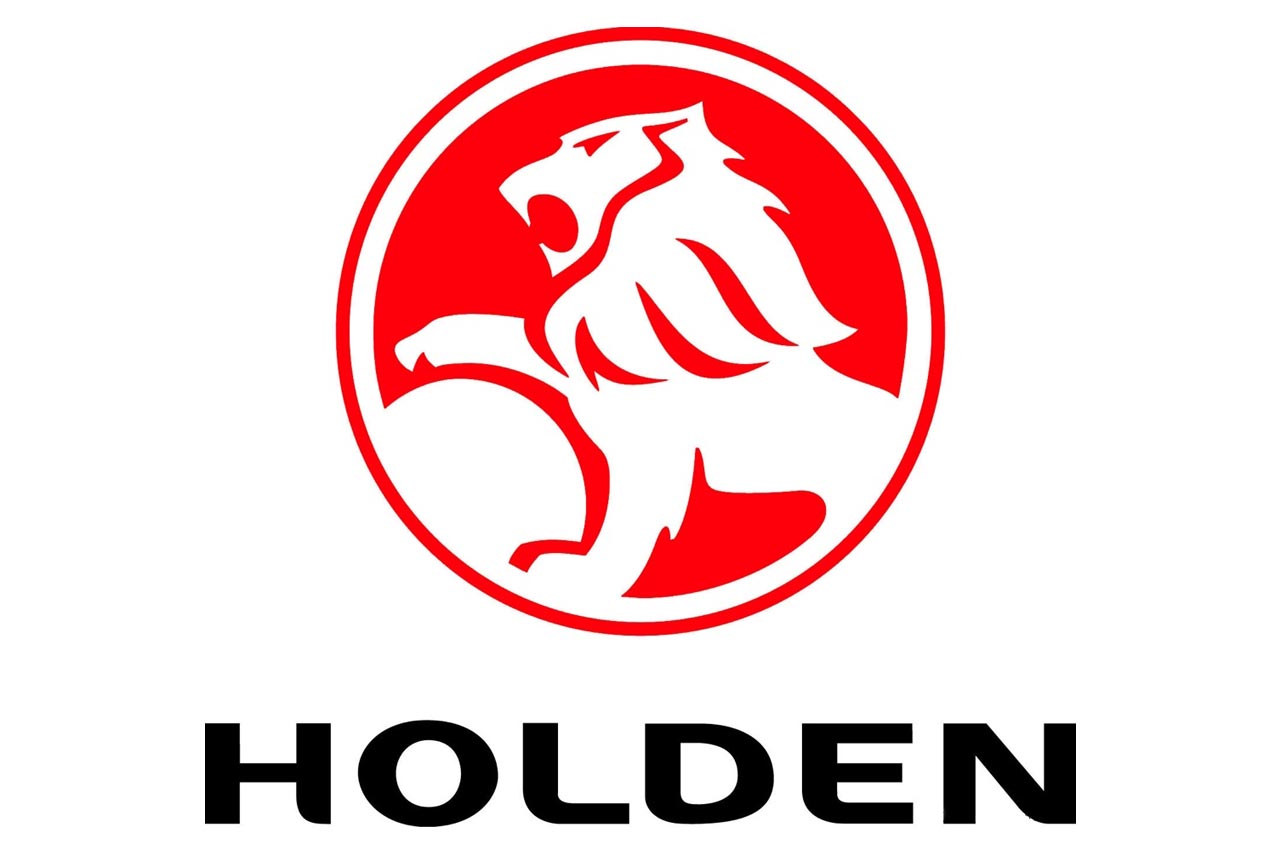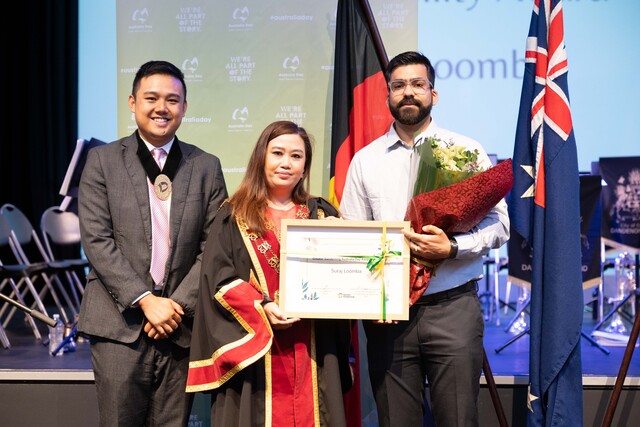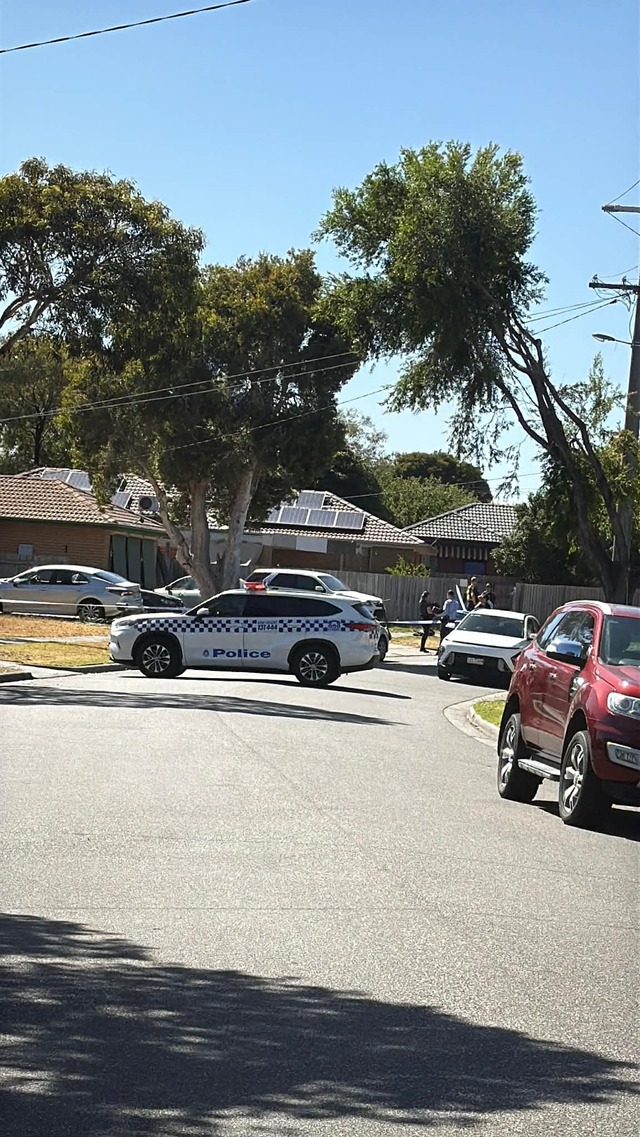By CASEY NEILL
HOLDEN’S impeding closure is a terrible decision for Australia, but the impact on Greater Dandenong will be minimal.
This was the word from South East Melbourne Manufacturers Alliance (SEMMA) executive officer Adrian Boden last week, following the announcement from General Motors (GM) that it would discontinue Holden vehicle and engine manufacturing in Australia by the end of 2017.
“The impact on us in the south-east is relatively low compared with other areas,” Mr Boden said.
“We’ve been moving companies to move away from it. A lot of them already have.”
He said many automotive industry-reliant manufacturers in Greater Dandenong had made moves away from the sector following Ford’s announcement in May that it would stop manufacturing in Australia from 2016.
“Certainly we’ve been giving them the message ’you have to add to the capabilities in your marketplace’,” he said.
Mr Boden said some had 20 to 25 per cent of their business tied up in automotive manufacturing, but had three years to adapt.
“No one was going to trust that the industry would be safe after the Ford announcement, plus changes in government,” he said.
“For our region, the message is not doom and gloom.
“It’s a blow for Australia, but much more it’s a blow for our technology capabilities going forward.”
In May, Mr Boden said Ford’s closure could actually provide growth opportunities for manufacturers in the south-east.
Ford said the closures would leave 1200 people without jobs, and Mr Boden said SEMMA members could work with Ford to take on some of the skilled employees.
“They train their people well. They’ve got good quality skills,” he said.
“We’ve got members who are growing.”
But he said reasons for the automotive closures needed to be addressed.
“Trade agreements that we have need to be look at and reassessed,” he said.
“Inherent barriers in our ability to export to Thailand, Japan… there needs to be a review of how balanced those agreements are.
“It’s our natural market in terms of distance.”
GM chairman and CEO Dan Akerson said the decision to end manufacturing in Australia reflected the perfect storm of negative influences the country’s automotive industry faced.
“Including the sustained strength of the Australian dollar, high cost of production, small domestic market and arguably the most competitive and fragmented auto market in the world,” he said.
“As a result of the company’s actions, approximately 2900 positions will be impacted over the next four years.”
A national sales company, a national parts distribution centre and a global design studio will remain in Australian post-2017.

















